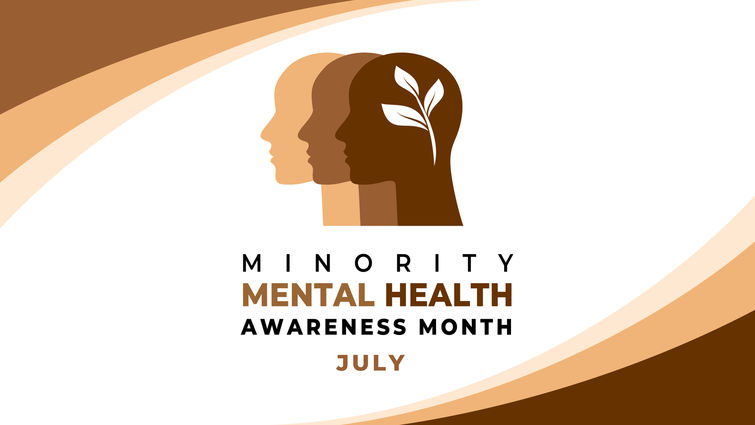
Minority groups experience a higher risk of both obesity and mental health disorders, according to Loma Linda University researchers. Evidence shows a strong link between obesity, mood, and anxiety disorders and disproportionate prevalence rates for obesity in some ethnic minority populations. Marino De Leon, PhD, and Johnny Figueroa, PhD, researchers at the Center for Health Disparities and Molecular Medicine, hope to educate minority groups on these disparities and provide tips to live a physically and mentally healthy future.
Recent CDC reports show obesity and mental health issues affect Black and Hispanic adults more than white individuals. Figueroa says people with obesity are more likely to suffer from mental health conditions such as anxiety and depression. He says obesity can lead to mental health problems, but several mental health conditions can lead to overeating, excessive weight gain, and obesity. The relationship between the two is bidirectional, suggesting that the presence of one increases the risk of developing the other.
Figueroa says this two-way disparity accounts for obesity and mental health issues among minority communities because poor diets and obesity increase inflammation and can disrupt important brain chemicals.
“The reasons for this unfortunate health disparity include even more unfortunate factors such as lack of access to healthcare based on distrust, cultural competence of the healthcare provider, a more pronounced mental health stigma, and lack of adequate health insurance,” De Leon says.
Data generated by the Substance Abuse and Mental Health Services Administration shows members of minority populations are less likely to report their mental illness to health care providers, receive mental health services, or be treated with medications for mental conditions.
Figueroa’s research aims to end the cycle by learning about the biology of these disparities and educating adolescent minorities on ways to adjust their lifestyles for a healthy future. Some evidence-based strategies:
- Consume diets low in simple sugars and saturated fats. This can help improve brain health and lower the chances of physical and behavioral issues.
- Incorporate fruits and vegetables into your diet and replace soda and fruit juices with water to represent healthier options.
- Practice healthy cooking methods like broiling and steaming foods instead of frying.
- Regular exercise and positive social interactions are highly protective against obesity and stress and improve overall health.
“Together, lifestyle approaches can effectively improve mental health and physical well-being. Early adoption of these practices can set in motion healthier living trajectories and reduce the burden of mental and obesity health disparities across the lifespan,” Figueroa says.
Click here to learn more about minority health at Loma Linda University or explore behavioral health programs that will work with you to begin the healing process.
